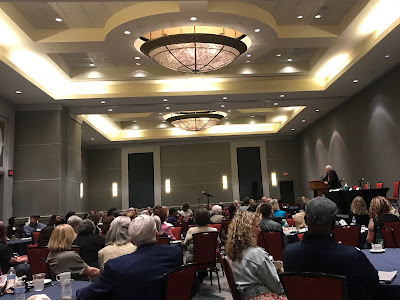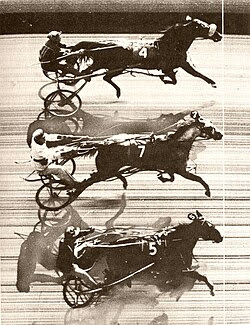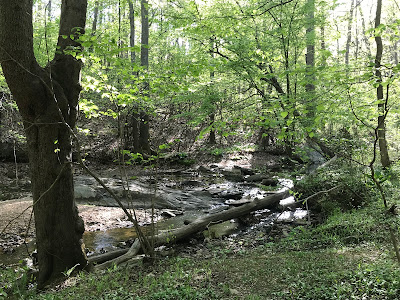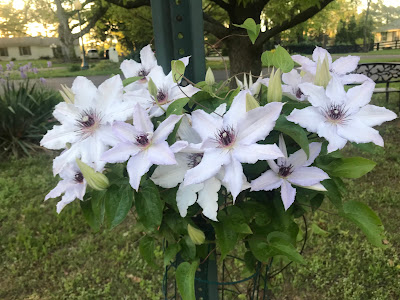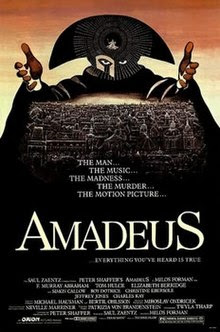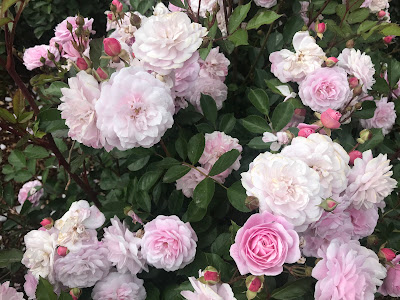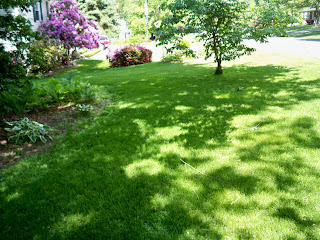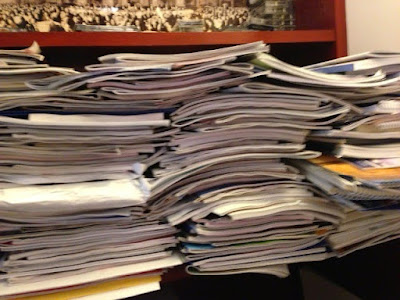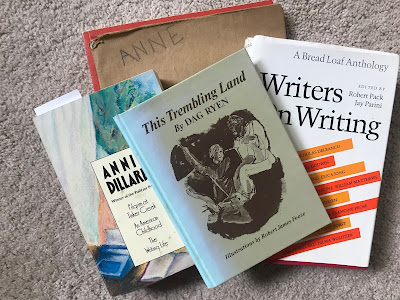A Gathering of Writers
I spent Saturday with 200 other writers at the 2024 Washington Writers Conference. Some of us pitched ideas to agents. Others attended panels. A few of us made sure the day was running smoothly. But all of us were our own writerly selves, and that was, at least for me, why the day was such a tonic.
Writing is a solitary occupation, with much staring at blank pages and screens. It can also be accompanied by self-questioning and doubt: How can I say that better? Should I say that at all? Will anyone read this?
When writers come together they share those questions, which eases those doubts.
In one of the day’s more memorable lines, James Grady, author of Six Days of the Condor, said, “Writing is a cross between a heroin addiction and the sex drive. It’s a hunger that drives us forward.”
I looked around, and every head in the room was nodding yes.
(Above: Paul Dickson speaks to the crowd after receiving the Washington Independent Review of Books Lifetime Achievement Award. Dickson has written more than 60 nonfiction books. He encouraged attendees to support each other.)
